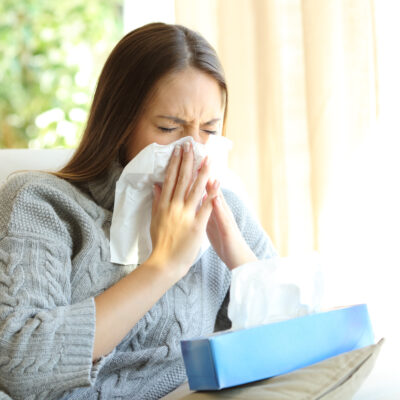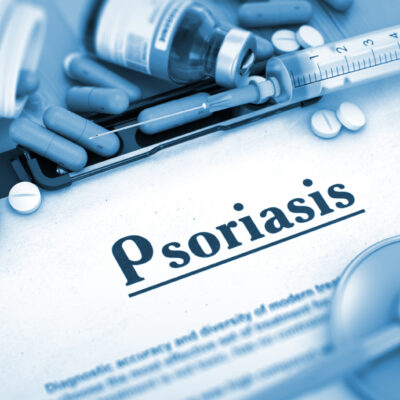
Health
5 Immune Boosting Foods to Get Through Cold and Flu Season
As the seasons change, the threat of the common cold and flu increases. The cold and flu can cause a wide range of symptoms, including coughing, fever, body aches, and fatigue. While there is no cure for these viral infections, certain foods can help boost your immune system and make it easier to get through the cold and flu season. Here are the top immune-boosting foods to help you get through the cold and flu season: 1. Citrus fruits Citrus fruits like oranges, lemons, and grapefruits are rich in vitamin C. Vitamin C is an antioxidant that can help boost your immune system and fight off viruses. Eating citrus fruits or drinking their juices can help reduce the severity and duration of the cold and flu. 2. Green tea Green tea contains catechins, a type of antioxidant that has been shown to boost the immune system. Drinking green tea regularly can help reduce the risk of getting sick and ease the symptoms of the cold and flu 3. Mushrooms Mushrooms contain beta-glucans, a type of carbohydrate that can boost the immune system. Mushrooms also contain selenium, an antioxidant that can help fight off infections. Eating mushrooms can help reduce the risk of getting sick and ease the symptoms of the cold and flu 4.
Read More 















